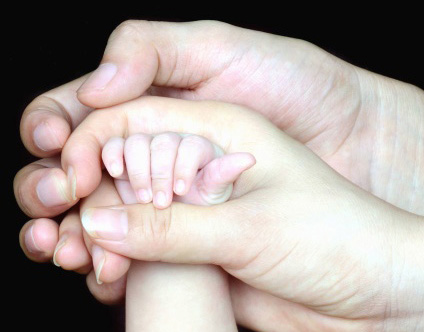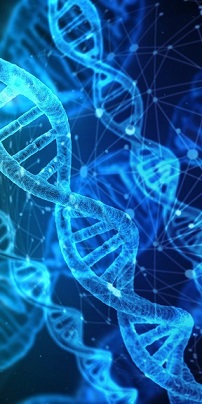The Penn Medicine Gen-Y Study
What Is The Gen-Y Study?

This study compares two approaches for diagnosing increased genetic risk in patients with cancer.
Penn Medicine patients who have been diagnosed with a solid tumor or lymphoma before turning 40 may participate. If you participate, you may be offered genetic testing as part of this study. The results of this testing may impact medical recommendations for you and your family.
You may have been told by your doctor that you do not need genetic testing based on your personal diagnosis and/or family history of cancer. However, you can still participate in the Gen-Y Study.
How Do I Participate In The Gen-Y Study?
There are three steps to joining the Gen-Y Study:
- Review this website to learn about this study (about 10 minutes)
- Review and electronically sign the consent form (less than 5 minutes)
- Complete a brief survey on your family history of cancer (about 10 to 20 minutes)
You do not have to complete all steps at once. You may return to wherever you left off. Instructions on how to return are provided at each step.
Genes And Inheritance

Genes contain the instructions that tell our bodies how to grow and function.
We have two copies of every gene in our body: one from our mother and the other from our father.
Scientists name each gene using a combination of letters and sometimes numbers (Example: BRCA1 or ATM).
Genes can have different variations or variants that may change the way they work. Variants can be passed from a mother or father to a child. Sometimes, a child is born with a variant that neither parent had.
When gene variants cause damage, they are called pathogenic variants which you may also hear referred to as gene “mutations.”
To hear more about basic genetics, click on this video link.

A pathogenic (disease-causing) variant could cause you to be at increased risk for cancer. The pathogenic variant is often passed from a parent to a child. Therefore, an increased risk of cancer can be passed through families.
Examples of Pathogenic Variants – BRCA1 and BRCA2
Two genes which everyone has are named BRCA1 and BRCA2. Pathogenic variants in the BRCA1 and BRCA2 genes increase the risk of developing cancer.
Pathogenic variants in these genes increase a woman's risk of developing breast or ovarian cancers. They increase a man's risk of developing prostate or breast cancers.
In both women and men, they increase the risk of pancreatic cancer and other cancers.

Specific pathogenic variants in genes are associated with various types and levels of increased risk for diseases like cancer. Sometimes the exact type and/or specific level of risk associated with a pathogenic variant is uncertain.
Not everyone with a pathogenic variant in a gene will develop symptoms or features of the condition associated with the gene.
Sometimes other factors, like environmental risk factors, can affect how much a gene impacts an individual’s risk level.
Medical care recommendations are often unique to the particular pathogenic variant. You can learn more about this later on in this presentation.
To learn more about pathogenic genes and cancer risk, click this video link.

